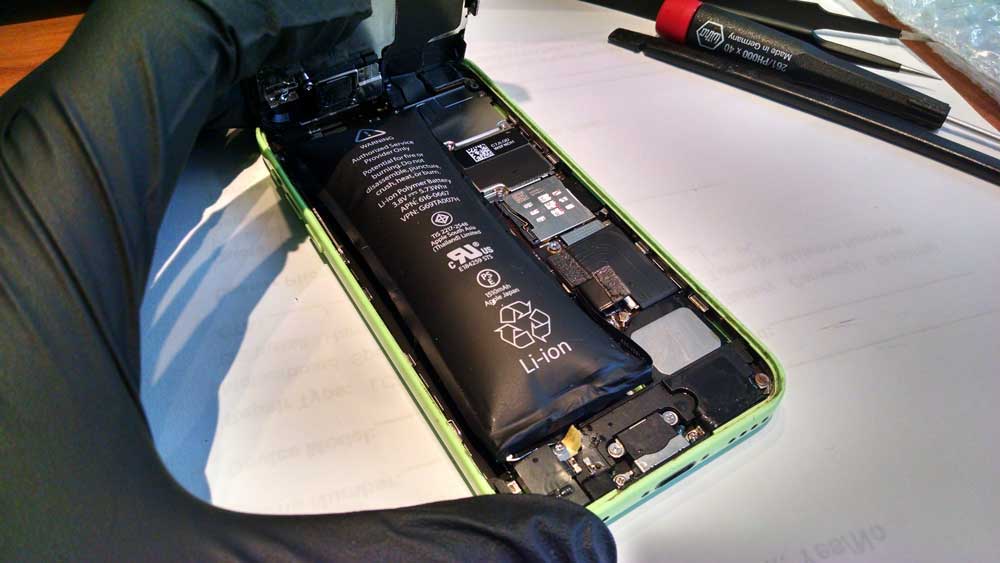Introduction
Modern smartphones, unlike their early counterparts with removable batteries, prioritize sleek design and advanced functionality. However, this compact integration limits internal space and complicates battery replacement. Over time, batteries degrade, and improper handling during replacement can lead to short circuits, motherboard damage, or even explosions. But does a swollen battery or a cracked phone frame always indicate an imminent explosion? Let’s explore the causes and risks of battery swelling.
Causes of Battery Swelling
Most smartphones use lithium-ion batteries, which typically last three to four years before showing signs of aging, including swelling. Several key factors contribute to this phenomenon:
1. Overcharging
Smartphone batteries feature protective circuit boards designed to prevent overcharging or excessive current. However, manufacturers set different voltage thresholds, and prolonged charging beyond full capacity can degrade the battery’s positive electrode material. This accelerates aging, leading to chemical reactions between released oxygen and the electrolyte, which results in swelling.
2. Overcurrent Charging
While battery circuit boards provide protection against excessive current, using substandard or incompatible chargers can override these safeguards. Continuous use of such chargers speeds up battery deterioration and increases the likelihood of swelling.
3. Poor Battery Quality
When original batteries degrade, users often opt for replacements. While official replacements ensure safety and quality, third-party alternatives may cut costs at the expense of safety. Poor electrode coatings or inadequate sealing in these batteries can lead to swelling, malfunction, or even fires.
4. Physical Damage
Although minor impacts rarely cause battery swelling, severe conditions—such as piercing the battery with a sharp object—can result in dangerous internal short circuits. This generates excessive heat, rapidly vaporizing the electrolyte and increasing the risk of swelling or explosion.
Does a Swollen Battery Always Explode?
Battery swelling is a sign of aging and chemical degradation. While not every swollen battery explodes, it indicates that the battery has reached the end of its lifespan, making it both inefficient and potentially hazardous. Immediate replacement with an original or certified high-quality battery is strongly recommended to prevent further risks.
Can a Swollen Battery Be Deflated for Reuse?
A swollen battery contains gas produced by internal chemical reactions, including toxic substances. Lithium batteries are sealed in a vacuum environment, and puncturing them disrupts this balance, increasing the risk of fire or explosion. Attempting to deflate a swollen battery is extremely dangerous and should never be attempted.
Conclusion
So, can a swollen battery explode? The answer is yes—it carries a significant risk. Non-professionals should never attempt to handle or repair a swollen battery, as these actions dramatically increase the chances of explosion. A swollen battery is essentially a "ticking time bomb" that poses serious safety hazards. To ensure your safety, replace swollen batteries immediately with certified options and always prioritize battery care and maintenance.
 sales@batterydeji.com
sales@batterydeji.com





